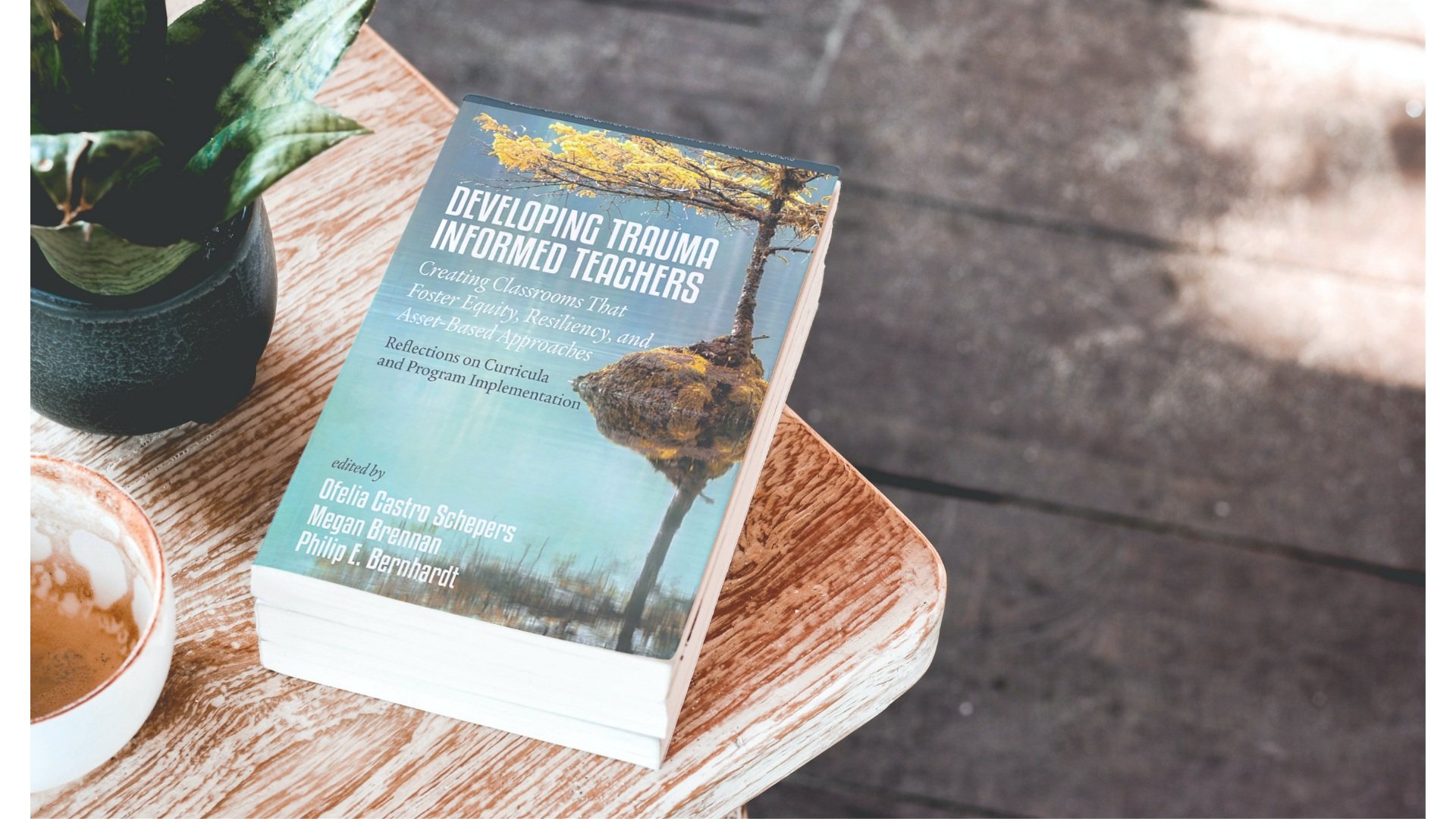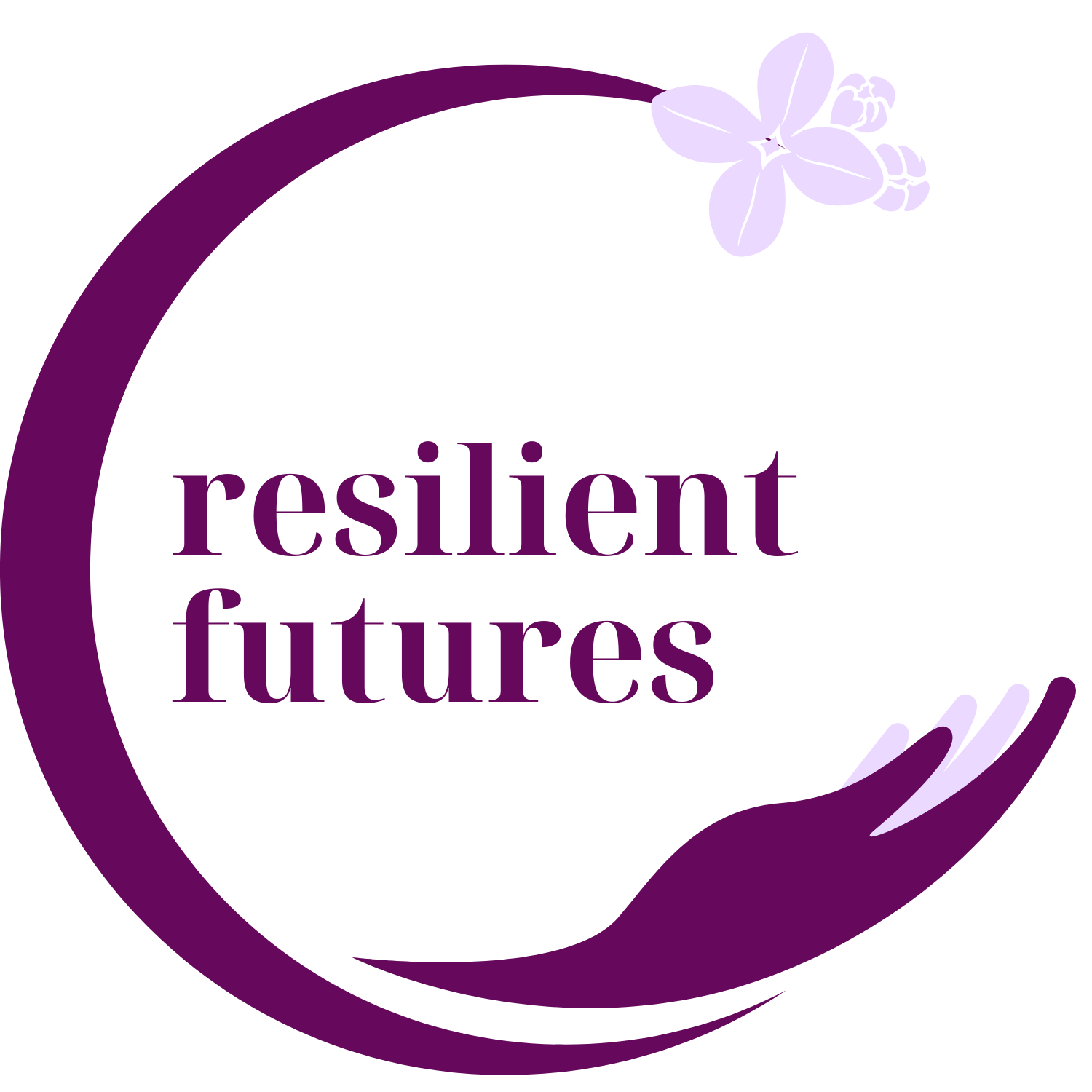
How Trauma-Informed Schools Support Students and Families After Natural Disasters
When a natural disaster strikes—the emotional and psychological toll on students and families can last for months, even years. Schools, can be a powerful force in disaster recovery. By implementing trauma-informed practices, Educators and school staff can help students process their emotions, and build resilience in the wake of crisis.
Building Emotional Resilience: The Importance of Trauma-Informed Practices in Middle Schools
For Middle School teachers and leaders, incorporating trauma-informed practices can make a big difference in helping students build resilience, strengthen relationships and develop self-regulation skills. By creating safe and supportive learning environments, we can help students navigate the ups and downs of middle school with confidence.
The Prevalence of Hate Speech in the U.S.: Understanding, Impact, and Responses in Schools
We believe that every individual has a responsibility to challenge hate speech directly, and we aim to educate responsible community members on what to look for and how to respond effectively. This resource is designed to empower educators, school leaders, and community members to take actionable steps toward creating safer, more inclusive spaces for everyone.
Today’s High School Experience and the Role of Trauma-Informed Practices
High school students in the United States today are navigating a complex world filled with unprecedented challenges. The pressures of academic performance, social dynamics, and future planning are compounded by societal issues such as mental health struggles, digital overload, and systemic inequalities. In this climate, trauma-informed practices in high school settings can transform how students feel about themselves, their relationships, and their education.
Myth-Busting: Dispelling Common Misconceptions about Trauma-Informed Teaching Practices
Despite growing awareness, several myths persist about what trauma-informed education is and isn't. Let’s debunk some of these misconceptions with insights from experts, providing educators with a clearer understanding of what it means to implement trauma-informed practices in schools.
Free Download: Building Community in the Classroom: A Guide to Connection Circles
Free Downloadable Guide for Educators: Connection Circles are a research-backed strategy for fostering resilience, and directly support Resilient Futures 3 C’s of Resilience. Through consistent engagement in Connection Circles, educators can deepen relationships, promote healthy communication, and create a classroom community that supports equity, emotional well-being, and academic success.
Free Download: Creating a “Peace Place” for self-regulation in your classroom
One effective strategy for promoting self-regulation in classrooms of all ages is the creation of a “Peace Place” —a designated space where students can go to decompress, refocus, and regulate their emotions. Get our free downloadable guide to create a Peace Place in your classroom, plus a set of wall posters and printable Peace Place worksheets!
Finding Trauma-Informed Training for Professionals
Explore trauma-informed training for professionals to better support trauma-affected individuals. Learn about various training formats, their importance, and how to choose the best program for your needs.
Best Practices: What Is Trauma-Informed Education
Trauma-informed education creates safe, supportive classrooms by recognizing trauma's impact on learning. Learn how it equips educators with tools to help students overcome trauma and succeed academically.

Developing Trauma-Informed Teachers
An Educational Book Series from Resilient Futures
[July 2022] Co-edited by Resilient Futures founder Megan Brennan, this volume of the series Contemporary Perspectives on Developing Trauma-Informed Teachers provides reflections, examples, and implementation guidance for the innovative and important ways educators develop and implement trauma-informed practices across their programs, instituting broader curricular shifts to incorporate trauma-informed practices.
[January 2023] Co-edited by Resilient Futures founder Megan Brennan, this volume of the series was driven by a deep desire to ensure that teacher candidates are thoughtfully prepared to more fully address students’ needs and create classroom environments that are safe for students and teachers.
Childhood Trauma:
An event(s) that a child finds overwhelmingly distressing or emotionally painful, often resulting in lasting mental and physical effects.
Many think of trauma as a single life-changing event, but more commonly trauma manifests as a series of events or patterns of abusive or neglectful behaviors that compound over time.
Understanding Childhood Trauma
In the Press

Give to further our Mission
More than ever, our schools and youth-serving communities are in need of trauma-informed education, training, and resources. Your tax-deductible gift will directly fund our program expansion efforts, enabling us to provide trauma-informed training and resources to a greater number of educators, schools, and youth-serving organizations.
Interested in learning more about our Trauma-Informed Futures© Programming & Services?











